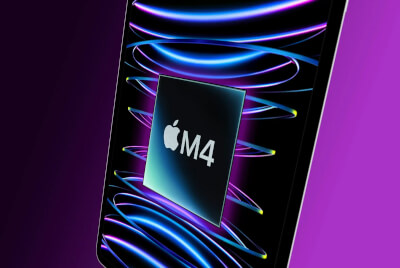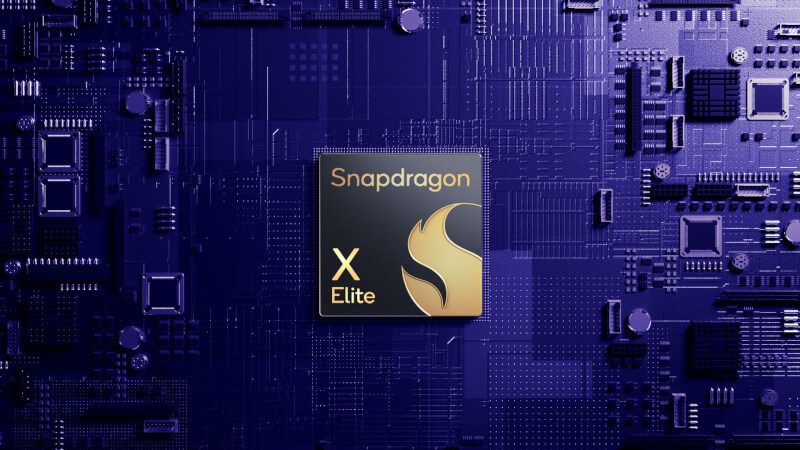Apple claims their AI will beat PCs

Qualcomm's Snapdragon X Elite PC processor is getting ready for the stage. Apple recently unveiled its latest Arm chip, the Apple M4, and claims it will offer more AI performance than any other AI PC on the market today. And it's actually true - at least for a month or so. Curiously, the new M4 chip was launched inside the Apple iPad Pro, which will cost somewhere between $999 and an impressive $1,499.
It is believed that it will soon come in an even more expensive Mac. The new Apple M4, which includes four performance cores, six efficiency cores and a 10-core GPU. In addition, there is a new Neural Engine, the Apple NPU, which, according to executives, delivers 38 trillion operations per second. second from 16 cores. Perfect timing for the AI times where everything linked a lot of hype to AI in particular.

Chipmakers have been feverishly benchmarking their AI performance against each other. Tim Millet, Apple's vice president of platform architecture, claimed Tuesday that the M4 is "more powerful than any neural processing unit in any PC today." And it's actually true. Right now. Unfortunately for Apple, Qualcomm is already ready to claim that its Snapdragon X Elite's NPU delivers 45 trillion operations per second. second. And while PCs with the Snapdragon X Elite haven't yet shipped, they're expected to be announced in just two weeks, during a launch event on May 20.
It is expected that Microsoft will show the Microsoft Surface Pro 10 and Surface Laptop 6 with Snapdragon X Elite chips. Asus, on the other hand, has all but confirmed that its own "AI PC," likely with a Snapdragon X Elite chip inside, will be announced on the same day. Microsoft's new Surfaces aren't expected to ship until later in June, and it's unknown when the new Asus PCs will be available in stores.
So Apple's lead, if they have one, won't last long. Of course, both AMD and Intel have next-gen hardware on the way, with Intel promising up to three times the AI performance in its Lunar Lake chip, launching before the end of the year. Millet also claimed that the 3nm M4 chip delivers " the same performance but at a quarter of the power consumption" of a leading chip in a thin and light laptop. However, it is a rather vague statement when there are no real numbers on the table or a direct comparison.
Latest processor - cpu
-
31 Octprocessor - cpu
-
16 Sepprocessor - cpu
AMD Ryzen AI 7 PRO 360 spotted
-
04 Sepprocessor - cpu
Intel scores big AI chip customer
-
04 Sepprocessor - cpu
Exclusively-Intel manufacturing store drawers
-
29 Augprocessor - cpu
Big performance boost for Ryzen CPUs
-
28 Augprocessor - cpu
Intel shares could fall in battle with TSMC and NV
-
28 Augprocessor - cpu
AMD is claimed to have been hacked
-
27 Augprocessor - cpu
Intel presents Lunar Lake, Xeon 6, Guadi 3 chips
Most read processor - cpu
Latest processor - cpu
-
31 Octprocessor - cpu
AMD will launch the Ryzen 7 9800X3D on November 7
-
16 Sepprocessor - cpu
AMD Ryzen AI 7 PRO 360 spotted
-
04 Sepprocessor - cpu
Intel scores big AI chip customer
-
04 Sepprocessor - cpu
Exclusively-Intel manufacturing store drawers
-
29 Augprocessor - cpu
Big performance boost for Ryzen CPUs
-
28 Augprocessor - cpu
Intel shares could fall in battle with TSMC and NV
-
28 Augprocessor - cpu
AMD is claimed to have been hacked
-
27 Augprocessor - cpu
Intel presents Lunar Lake, Xeon 6, Guadi 3 chips






